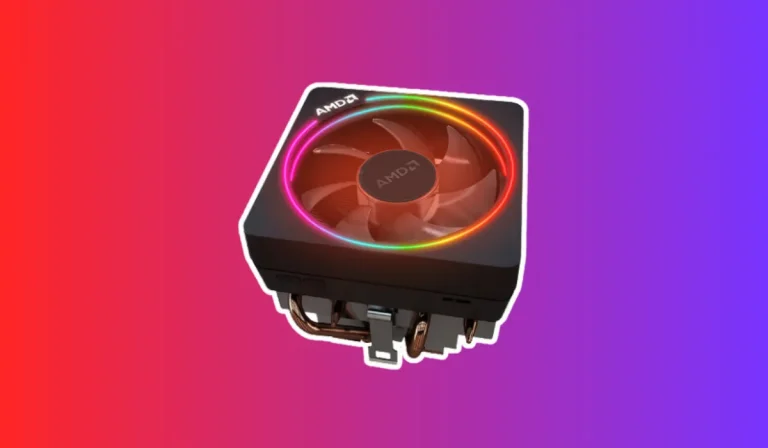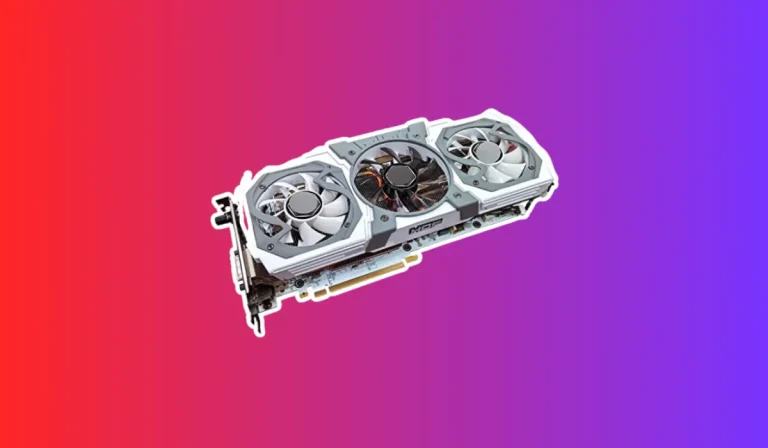Do Intel CPUs Come with Coolers?
Are you planning to build a new PC or upgrade your existing one with an Intel CPU? One burning question you might have is, “Do Intel CPUs come with coolers?” Well, let’s dive into the world of Intel processors and explore the cooling solutions that come bundled with them.
Do Intel CPUs Come with Coolers?
When purchasing an Intel CPU, whether it includes a cooler or not depends on the specific processor model. Intel has a different series of CPUs, each with varying cooling solutions.
Intel Core i9 and i7 Series
The high-end Intel Core i9 and i7 processors typically do not come with stock coolers. These powerful CPUs are designed for enthusiasts and professionals who often opt for aftermarket coolers to maximize thermal performance.
Intel Core i5 and i3 Series
The mid-range Intel Core i5 and i3 processors usually include stock coolers. These coolers are specifically designed to handle the thermal requirements of these CPUs at stock clock speeds. They provide adequate cooling for most users who don’t engage in heavy overclocking.
Intel Pentium and Celeron Series
The entry-level Intel Pentium and Celeron processors generally come with stock coolers. These processors are targeted towards budget-conscious users, and the included coolers are sufficient for their intended usage scenarios.
Aftermarket Cooling Solutions
While stock coolers can handle the cooling needs of many Intel CPUs, some users may prefer aftermarket cooling solutions for enhanced performance or quieter operation.
Aftermarket coolers, such as air coolers or liquid coolers, offer better heat dissipation and can be chosen based on personal preferences and specific requirements.
Factors to Consider when Choosing a CPU Cooler
CPU Compatibility
The first factor to consider is whether the cooler you’re interested in is compatible with your specific CPU socket. Different CPUs have different socket types, so ensure that the cooler you choose supports your processor.
Thermal Design Power (TDP)
The TDP rating of your CPU indicates the amount of heat it generates under normal operation. It’s essential to select a cooler that can handle the TDP of your CPU effectively. Cooler manufacturers often specify the TDP range their products are designed for.
Case Clearance
CPU coolers come in various sizes, and it’s vital to ensure that the cooler you choose fits within your computer case. Consider the height of the cooler and the available clearance in your case to avoid compatibility issues.
Cooling Performance and Noise Levels
Look for coolers that offer efficient cooling performance while maintaining low noise levels. Check product reviews and specifications for information on cooling efficiency and noise output to strike the right balance between performance and noise.
Aesthetics
While not a critical factor, the appearance of the cooler can be important to some users. Many coolers come with RGB lighting options or sleek designs, allowing you to match your cooler with the overall aesthetics of your PC.
Cooling Tips for Intel CPUs
Clean Your System Regularly
Dust and debris can accumulate on your CPU cooler and other components, hindering airflow and heat dissipation. Regularly clean your system using compressed air or a soft brush to remove any build-up and ensure proper cooling.
Apply Thermal Paste Correctly
When installing or reseating your CPU cooler, ensure that you apply an adequate amount of thermal paste. Thermal paste improves heat transfer between the CPU and cooler.
Follow manufacturer guidelines for application methods to avoid air gaps and achieve optimal thermal conductivity.
Optimize Case Airflow
Good airflow within your PC case is crucial for efficient cooling. Ensure proper cable management, use case fans strategically to promote airflow, and consider adding additional fans if necessary. Proper airflow helps prevent hotspots and keeps your Intel CPU cool.
Monitor Temperatures
Use software utilities to monitor CPU temperatures regularly. High temperatures can indicate cooling issues or the need for adjustments. If temperatures consistently exceed safe limits, consider upgrading your CPU cooler or improving case ventilation.
Consider Overclocking Carefully
Overclocking can boost CPU performance but also generate more heat. If you plan to overclock your Intel CPU, invest in a high-quality aftermarket cooler capable of handling the increased thermal load.
Avoid Overworking Your CPU
Running resource-intensive tasks for extended periods can increase CPU temperatures. Give your Intel CPU occasional breaks and avoid prolonged heavy workloads to prevent overheating.
FAQ’s
1. Do Intel CPUs come with coolers?
Yes, most Intel CPUs come bundled with a stock cooler in the retail packaging. These coolers are designed to provide adequate cooling for the CPU under normal operating conditions.
2. Are Intel stock coolers sufficient for gaming?
While Intel stock coolers can handle the cooling needs of most CPUs during regular usage, they may not be sufficient for intense gaming sessions or overclocking. For optimal cooling during gaming, it is recommended to invest in an aftermarket cooler with better heat dissipation capabilities.
3. Can I use a third-party cooler with an Intel CPU?
Absolutely! Intel CPUs are compatible with a wide range of third-party coolers. Upgrading to a higher-performance cooler can provide better cooling efficiency, lower temperatures, and potentially quieter operation compared to the stock cooler.
4. What should I do if my Intel CPU temperatures are too high?
If your Intel CPU temperatures are consistently high, it could indicate a cooling issue. Start by checking if the cooler is properly installed and making good contact with the CPU. Ensure that the thermal paste is applied correctly. If the issue persists, consider upgrading to a more powerful CPU cooler or improving case airflow.
5. Do all Intel CPUs require the same type of coolers?
No, Intel CPUs have different socket types, and the cooler compatibility depends on the specific socket. For example, newer Intel CPUs use the LGA 1151 or LGA 1200 socket, while older ones may use different sockets. Always check the CPU’s specifications and choose a cooler that is compatible with the specific socket of your Intel CPU.
Conclusion
Intel CPUs typically come with stock coolers, which are suitable for regular usage. However, for intense gaming or overclocking, investing in a third-party cooler is recommended.
Ensuring proper cooling is essential to maintain optimal performance and prevent overheating issues with your Intel CPU.



